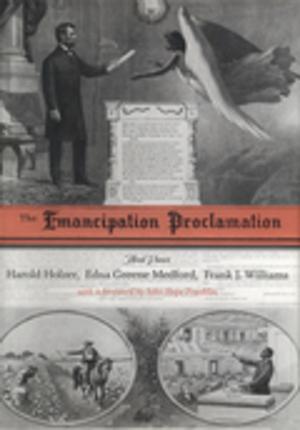Haiti's Influence on Antebellum America
Slumbering Volcano in the Caribbean
Nonfiction, History, Americas, Caribbean & West Indies, Social & Cultural Studies, Political Science, International, International Relations, United States| Author: | Alfred N. Hunt | ISBN: | 9780807153734 |
| Publisher: | LSU Press | Publication: | August 1, 2006 |
| Imprint: | LSU Press | Language: | English |
| Author: | Alfred N. Hunt |
| ISBN: | 9780807153734 |
| Publisher: | LSU Press |
| Publication: | August 1, 2006 |
| Imprint: | LSU Press |
| Language: | English |
The Haitian Revolution began in 1791 as a slave revolt on the French colonial island of Saint Domingue and ended thirteen years later with the founding of an independent black republic. Waves of French West Indians -- slaves, white colonists, and free blacks -- fled the upheaval and flooded southern U.S. ports -- most notably New Orleans -- bringing with them everything from French opera to voodoo. Alfred N. Hunt discusses the ways these immigrants affected southern agriculture, architecture, language, politics, medicine, religion, and the arts. He also considers how the events in Haiti influenced the American slavery-emancipation debate and spurred developments in black militancy and Pan-Africanism in the United States. By effecting the development of racial ideology in antebellum America, Hunt concludes, the Haitian Revolution was a major contributing factor to the attitudes that led to the Civil War.
The Haitian Revolution began in 1791 as a slave revolt on the French colonial island of Saint Domingue and ended thirteen years later with the founding of an independent black republic. Waves of French West Indians -- slaves, white colonists, and free blacks -- fled the upheaval and flooded southern U.S. ports -- most notably New Orleans -- bringing with them everything from French opera to voodoo. Alfred N. Hunt discusses the ways these immigrants affected southern agriculture, architecture, language, politics, medicine, religion, and the arts. He also considers how the events in Haiti influenced the American slavery-emancipation debate and spurred developments in black militancy and Pan-Africanism in the United States. By effecting the development of racial ideology in antebellum America, Hunt concludes, the Haitian Revolution was a major contributing factor to the attitudes that led to the Civil War.















